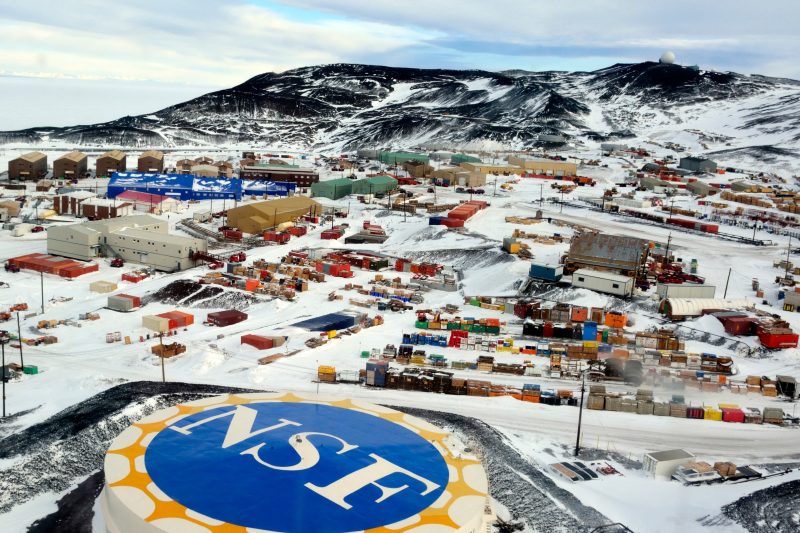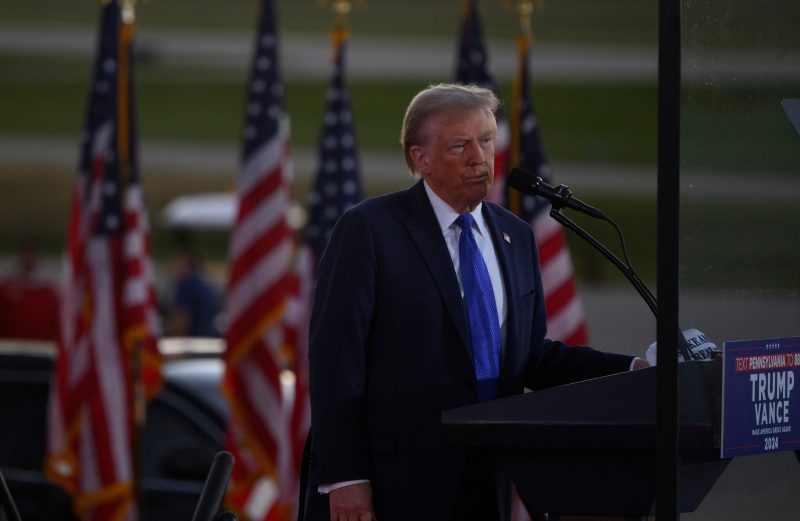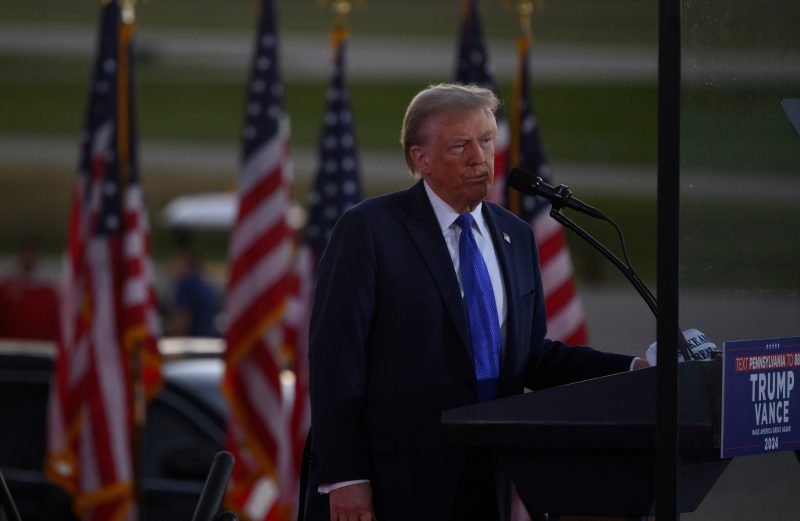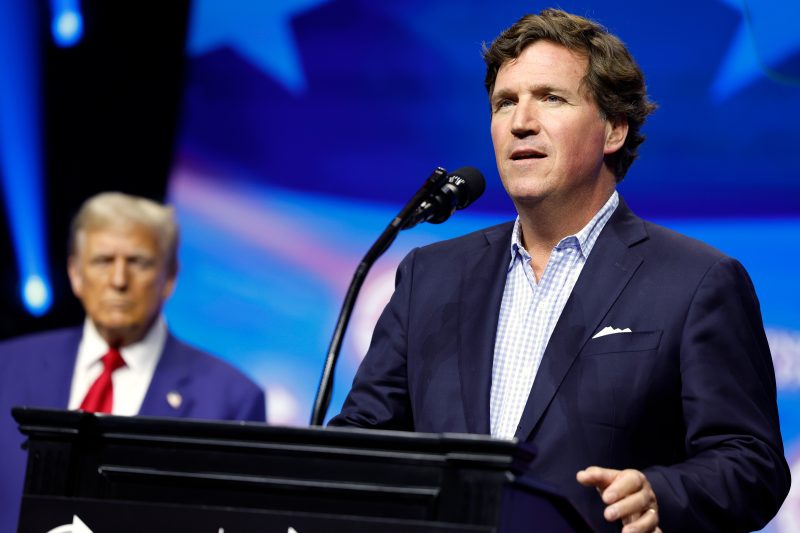
These Americans voted from the ends of the Earth — and beyond
Corrine Morse cast her vote in the 2016 presidential election from a glacially slow, often glitchy fax machine in Antarctica.
For 20 minutes, Morse watched as the machine whirred and beeped eerily before finally printing the confirmation page she had been waiting for — her absentee ballot had been sent to Texas, where she was registered to vote.
The fax machine, which sat in Morse’s office at McMurdo Station, the largest U.S. research base on Antarctica’s vast ice sheet, was the only reliable way she and about 100 others working there could send in their absentee ballots from thousands of miles away. They joined other Americans who have voted from far-flung corners of the Earth — and a few who have cast out-of-this-world ballots, literally.
“Whoever is very gung ho about voting is going to do it,” Morse said.
Earlier this month, astronauts Barry “Butch” Wilmore and Sunita Williams, who are stuck at the International Space Station until February because of problems with the spacecraft that brought them to the station, said they had requested ballots to vote in the upcoming general election. The pair’s mission was supposed to span eight days in June, but Boeing’s spacecraft, Starliner, struggled during their test flight to the space station and returned to Earth without them.
While orbiting the Earth, the astronauts will transmit their ballots from a computer on the space station to the voting clerk of the county where they live. During a Sept. 13 news conference, Wilmore called voting a “very important role that we all play as citizens.”
“And NASA makes it very easy for us to do that, so we’re excited about that opportunity,” he said.
In early March, astronauts Jasmin Moghbeli and Loral O’Hara also voted from the International Space Station for a primary election, posing for a photo beside a small American flag at the station. And in October 2020, astronaut Kate Rubins voted for the second time from space, capturing a similar photo beside a hand-drawn “ISS voting booth” sign.
NASA astronauts have been voting from space since 1997, when David Wolf cast his ballot while on the Mir Space Station after the Texas legislature passed a law allowing people who are on space flights during early voting and Election Day to do so. Astronauts are sent encrypted ballots to their secure email addresses, which they can access from computers on the space station, a NASA spokesperson said
The ballots are tested with a unique password before they’re given credentials specific to each astronaut and emailed to them, said Rosio Torres-Segura, a spokesperson for the Harris County Clerk,adding that the office sent ballots to Wilmore and Williams on Saturday. Harris County includes Houston, where astronauts usually live to be near NASA’s Lyndon B. Johnson Space Center.
Years before the first space station, or even the first crewed space flight, U.S. lawmakers created the Federal Voting Assistance Program in 1955 to help citizens in military service, their family members and other Americans overseas cast their ballots.
Similar to astronauts, military members and other overseas voters fill out a Federal Post Card Application to register and request an absentee ballot before state deadlines.
Though many have used the process, it has its issues — namely the mishaps and delays that come with international mailing. In its guide for participants, the U.S. Antarctic Program, which oversees U.S. research on the continent, warns those wanting to vote to “keep in mind the uncertainties of mail in and out of Antarctica.”
The crew of staff and scientists at McMurdo Station, one of three U.S. Antarctic research bases, fluctuates over the year, but some crew members remain on the ice throughout the U.S. voting season and have to cast ballots remotely.
For Morse in 2016, the trouble came with the fax machine in her office — the only one at McMurdo.
That year, Morse was working there as a finance specialist for Lockheed Martin, which helped support the U.S. Antarctic Program research. McMurdo has a post office, but most people worked with Morse to fax their ballots from her office. Morse kept a catalogue of county clerk’s offices in the United States so voters at the base could determine where to mail their absentee ballots.
Though they were thousands of miles away from the nation where the presidential race between Donald Trump and Hillary Clinton had ignited a tense, polarizing political climate, many at McMurdo felt the nerves and excitement of the election just the same, Morse said.
She recalled helping one voter who had walked into her office wearing pins that read: “I’m with her,” a sign of support for Clinton, the then-Democratic presidential nominee.
“She was just so amped up about it,” Morse said of the voter. “She’s like, ‘We’re going to do this.’”
The about 100 voters Morse helped were of varying political orientations, she said. When the news of Donald Trump’s victory arrived, there were some on base who celebrated and others who were disappointed.
But in the weeks leading up to the election that year, her office was open for anyone who wanted to cast their ballots.
“I really wanted to make sure that people’s voices were heard,” she said.



